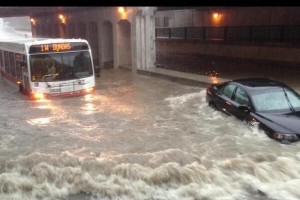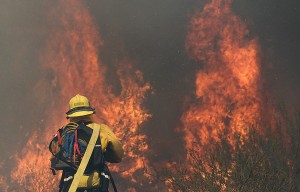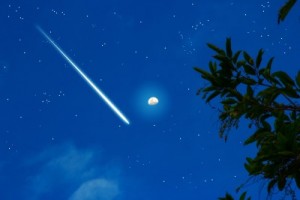There is a lot going on around the Earth today, August 10, 2013. There are floods, fires, and 5.0 earthquakes all over the world.

There are floods all over the world.
Floods
- West Africa
- Southwest Nicaragua
- Sudan
- Katsina, Nigeria
- Northern Region, Uganda
- Eastern China
- Marigot, Kenya
- Victoria, Australia
- Eastern Malaysia
- Central USA
- Amur Region, Russia
- Colorado, USA

WIldfires are breaking out worldwide.
Wildfires
- Montenegro
- Slovenia
- Bosnia and Herzegovina
- Washington State, USA
- Montana, USA
- Idaho, USA
- California, USA
5.0 Earthquakes
- Iran
- Alaska
- Papua New Guinea
- Greece
- Indonesia
- Japan
- Tonga

The Perseids meteor shower on August 10, 2013.
And the Perseids Meteor shower is tonight. Go figure ….

